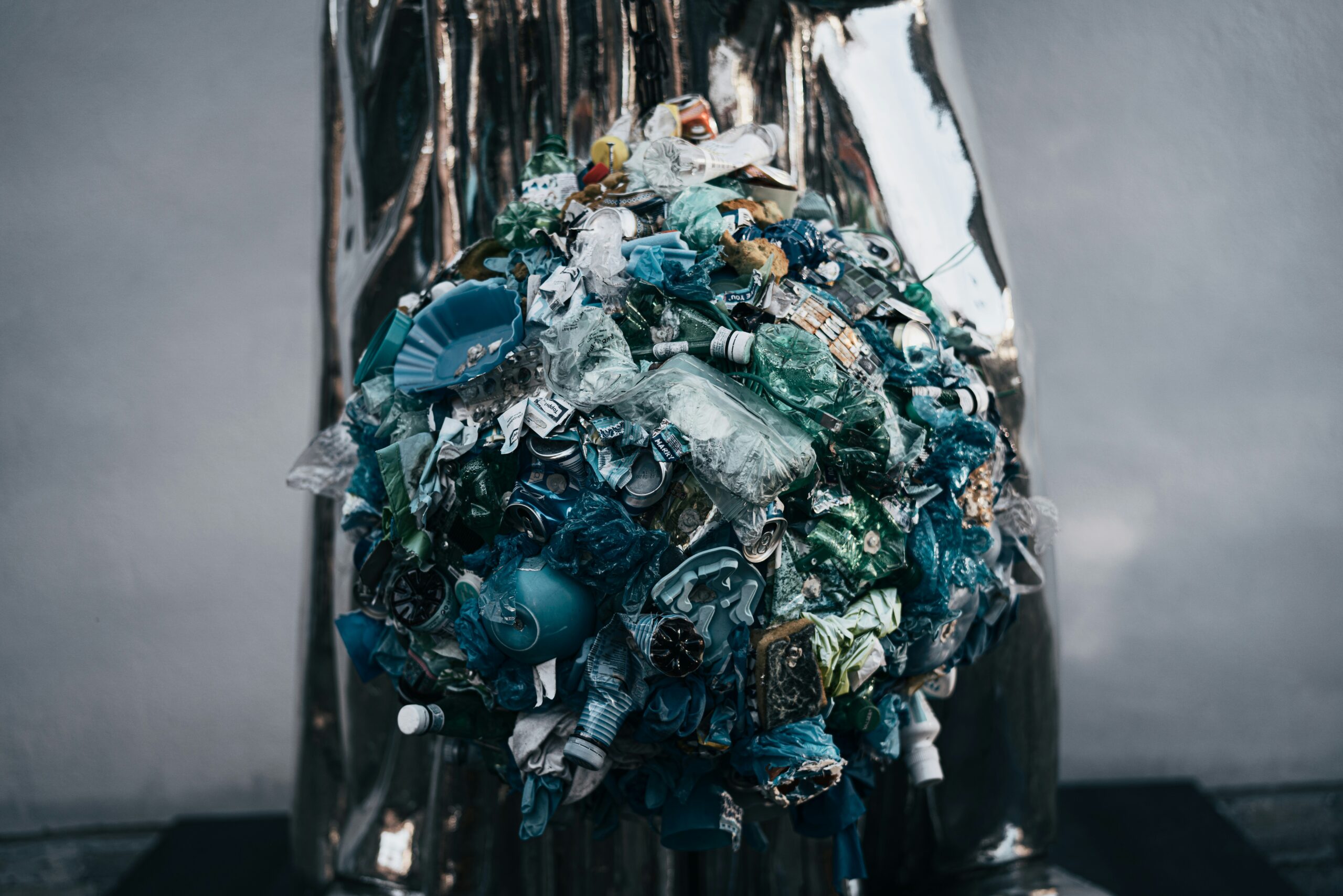In our modern, fast-paced world, consumers are constantly pushed to purchase more, upgrade frequently, and replace items quickly. This cycle of excessive consumption leads to increased waste and environmental harm, highlighting the urgent need for a shift. Have you heard about reconsumerism? It’s a rising movement encouraging more thoughtful consumer choices, with an emphasis on product durability, sustainability, and intentional decision-making. It represents a shift away from the traditional “consume-and-dispose” mentality toward a more deliberate and sustainable way of buying and using products. It focuses on product longevity, sustainable alternatives a circular economy. If you are owner of eco brand or eco business, we got some tips and statistics about this movement.
For businesses, fostering responsible consumption is not just about doing good for the planet. It’s also a way to build stronger relationships with customers who are increasingly looking to support companies that align with their values.
As consumer awareness around sustainability grows, businesses have a unique opportunity to support and promote more mindful purchasing habits. Here are several ways companies can actively foster conscious consumerism:
- Educate your customers: Businesses can empower customers by providing information on sustainable choices, such as care guides to extend product life, the benefits of sustainable materials, and the importance of waste reduction.
- Encourage minimalist buying: Instead of using aggressive marketing, businesses should encourage consumers to prioritize quality over quantity. Campaigns that promote buying less and choosing superior products align with the growing trend of minimalism and mindful consumption.
- Support ethical and transparent practices: Consumers today prefer brands that prioritize ethical sourcing, fair labor practices, and environmental stewardship. Transparency about your business production methods and sustainability efforts fosters trust and encourages responsible purchasing. Maybe your solution is with our Gratitude Tool.
To confirm our article with data, the trend of conscious consumption can be clearly seen in the following statistics:
- There was a 71% increase in Google searches for sustainable goods between 2016 and 2021, according to WWF.
- Customers are willing to pay a price premium of 10 % on average for socially conscious products, according to NBS research.
- These generations are particularly passionate about sustainability, with 75 % of millennials and 72 % of Gen Z indicating that they would be willing to switch brands to support a company that is environmentally responsible.
In our opinion, encouraging responsible consumption isn’t just a commendable aim. It’s an essential change for businesses to succeed in a world where environmental sustainability is now a requirement. By creating long-lasting products, providing repair and recycling solutions, and encouraging thoughtful purchasing decisions, businesses can take the lead in building a more sustainable future.



